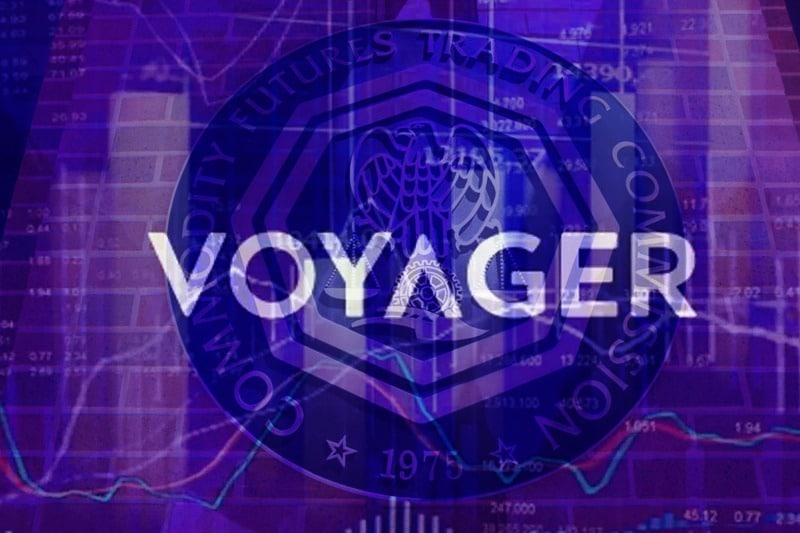CFTC Commissioner Kristin Johnson had some scathing words in response to the legal onslaught launched against Voyager and its former CEO, Stephen Ehrlich. Notably, both the CFTC and the FTC had filed separate lawsuits against the company and its former leader, alleging a litany of missteps that culminated in the loss of billions of dollars in customer funds.
In a statement released on October 12th, Commissioner Kristin Johnson didn’t mince her words. She accused Voyager of employing misleading practices, turning a blind eye to warning signs, and conducting what she aptly termed “bare-bones due diligence.” These lapses, she contended, failed to safeguard the interests of their trusting customers. In her stern judgment, she declared, “Because of Voyager’s failures, the company became no better than a house of cards.”
The commodities commissioner expressed astonishment that Voyager had failed to exert pressure on the investment firms where it entrusted its customers’ assets. Instead of demanding transparency from these firms, Voyager seemed to sidestep the long-established custodian expectations and simply dispensed customer funds with minimal effort to preserve the same.
Commissioner Johnson’s comments came on the heels of the regulatory hammer falling on Voyager’s former CEO, Stephen Ehrlich, as both the CFTC and the Federal Trade Commission filed lawsuits against him on that very same day. The CFTC lawsuit alleged fraud and “registration failures” over Voyager’s platform and its “unregistered commodity pool.” On the other hand, the FTC reached a proposed settlement with Voyager, effectively banning the firm from offering, marketing, or promoting any product or service related to the handling of assets.
In a staggering turn of events, Voyager and its affiliates agreed to a judgment of $1.65 billion, with the intention of repaying customers during the ongoing bankruptcy proceedings. Notably, Commissioner Caroline Pham of the CFTC reaffirmed the regulator’s commitment to taking action against cryptocurrency firms that misappropriate customer funds. She emphasized the crucial distinction between managing investor money for trading derivatives and accepting deposits while providing loans, which, she asserted, were the lifeblood of the economy.
However, Pham did raise concerns that the CFTC might be stretching its authority in interpreting what constitutes a commodity pool operator, potentially disrupting well-established legal and regulatory frameworks.
Notably, on September 7th, Pham called for the establishment of a cryptocurrency regulatory pilot program, aimed at addressing the risks faced by retail investors.
Voyager’s woes culminated in a Chapter 11 bankruptcy filing in July 2022. Their reported debts ranged from $1 billion to a staggering $10 billion, owed to over 100,000 creditors. The once-prominent cryptocurrency brokerage firm, which had opened withdrawals for its customers in June, now stood at a crossroads of financial turmoil.














